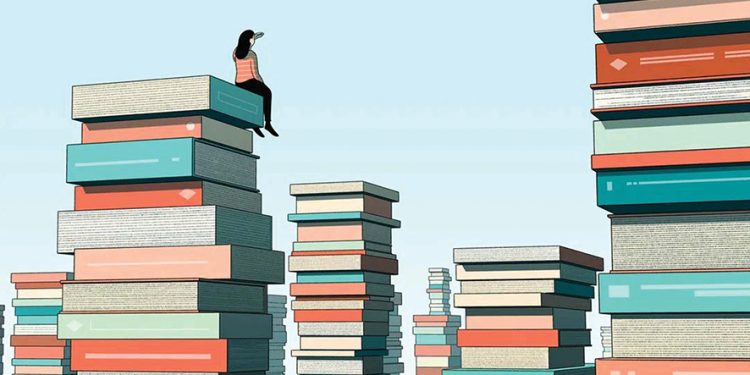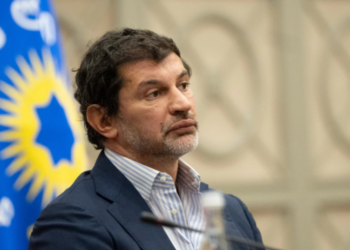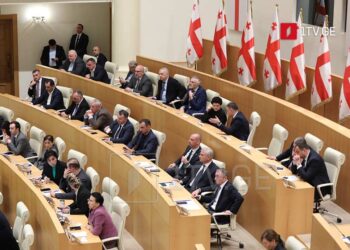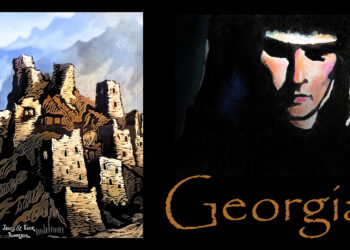Using the plain language of statistics, more than two million books go into print annually in the world. Based on the publicly available UNESCO data, there are conceivably 160 million books on the planet today. It is thought that a voracious bibliophile can digest an average of approximately 150 books a year, this figure probably true if that avid book-lover has a lot of leisure time to use on reading. A reader endowed with a medium reading appetite would possibly read far less than 100 books a year, and a lazy bookworm would perhaps do with only 30 books a year, in the best-case scenario. There are some people with catastrophically low reading ratings, at only 10 books per annum, if any at all. These figures cannot be ideally accurate to describe the reading situation around the globe, but they at least give us some measure of perception of the current human ability to muster the available monster-size reading matter, consumed in accordance with individual demands and necessities in general.
That bunch of 160 million books should be interesting and useful enough to read, each one in its own way, their proud authors, both in the past and now, sure that their precious creations deserve our attention.
So, what to read and how to manage wise, rational selection? There are hundreds of tips and guidelines in libraries, on bookstore shelves, and online, but they do not cater to all our reading desires and exigencies. As a matter of fact, reading per se has turned into an existential dilemma for us, we humans whose inevitable lot is to live and work in this egregiously accelerated age.
In the current super-busy life tempo, the rhythm of our existence is excruciating, wrought with a thousand errands and obligations, educational pressures and labor requirements for our daily bread, to ensure our health. Then there’s TV attachment and Internet lure, everyday routine and inevitable nights of sleep all getting in the way. Time has to be carved out for reading- carved out of something, somewhere and somehow, in the midst of this modern hustle and bustle.
It goes without saying that we can’t do without a due portion of reading in our lives, but reading cannot be done without a strict, preconceived, rational plan, one that works on forming a productive and happily functioning person. Reading is a real powerhouse for building a better personality with an elevated sense of empathy and tolerance; it makes us more attractive as human beings; it improves our memory and the ability to reason; and it develops our creative thinking. But just being conscious of all those advantages of reading is not enough: Reading is a lifetime process which needs to be organized so optimally that we are not distracted from doing substantial things for our survival, including all the essential prerequisites to turn ourselves from a child into an independent adult.
One of the tools for this is teaching children what to read, when and why, being conscious that there is only a certain number of books that we are capable of reading in our lifetime. Take, for instance the kids of Sakartvelo: they have to know the widely represented prose and poetry which was created in their native tongue so that they can function successfully in this culture. They also have to be versed in foreign literature (foreign meaning the literature of tens, if not hundreds, of other peoples and cultures around the Earth) to sound civilized and to be efficient in the international arena.
What matters most when we are faced with our reading needs is that survival asks for deep knowledge of a specific field of human activity, one which molds a money-generating specialist, compatible with public demand. To achieve the relevant level of that professional skill, one has to go through a definite number of special books to turn us into those future useful workers. The reading in our time of time-shortage is a real problem and needs extremely astute handling. Otherwise, life will fly by, leaving us too empty-handed and empty-minded to face the elements that life prepares us to experience.
Let’s in the first place teach our young what to make out of the millions of books that are scattered around, enticing them to embrace them. Our children have no clue what to do with that frightening avalanche of information, and they need our help!
Blog by Nugzar B. Ruhadze














